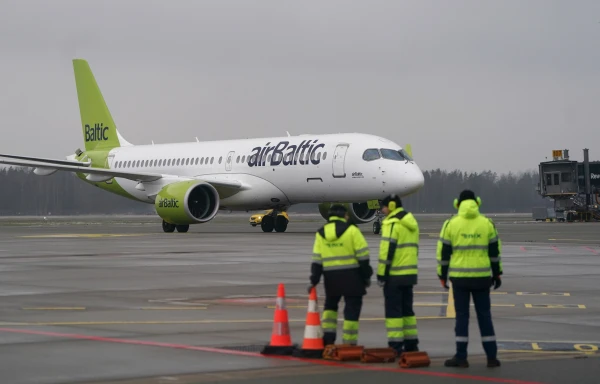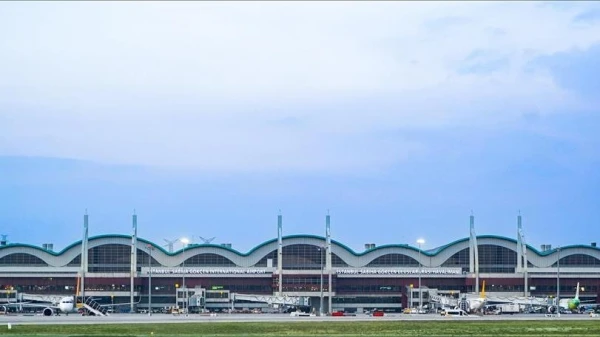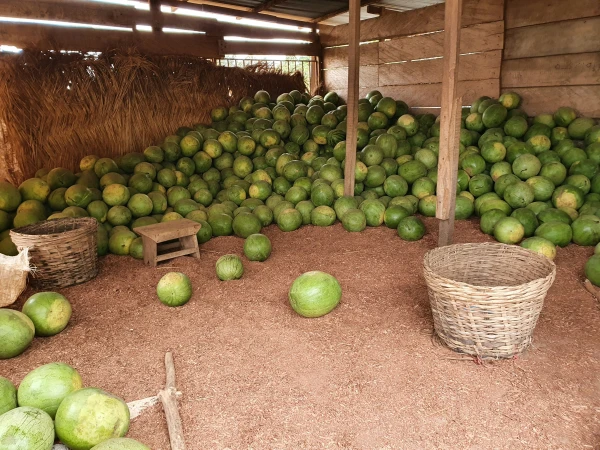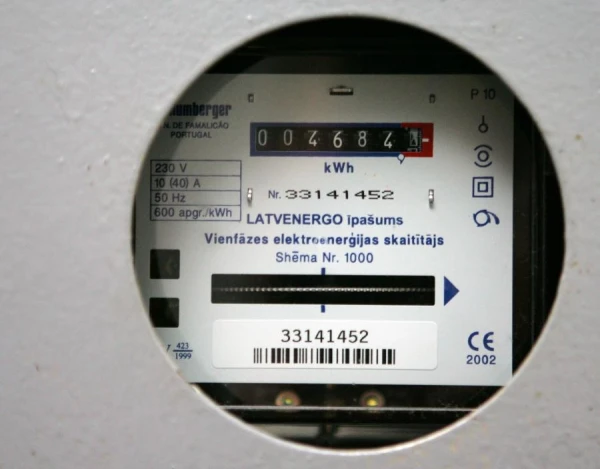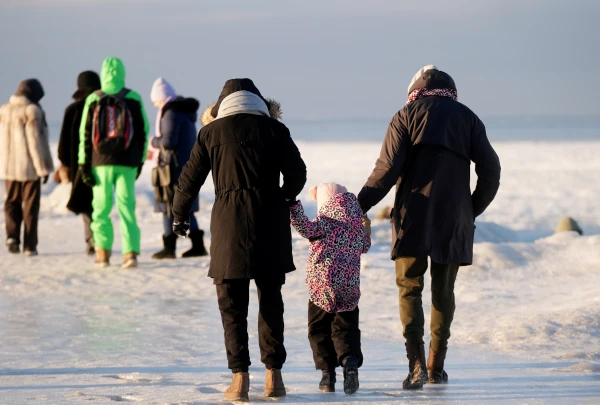
In Riga, at 75 Lachplesha Street, Drošā Māja (Safe House, DM) has been operating for 18 years — an institution that provides assistance to those who, for various reasons, find themselves without shelter and support, whether they are legal immigrants from "third countries" or victims of human trafficking.
Gunta Viksne, a board member and project manager, told the members of the Social and Labor Affairs Commission that they have already implemented three dozen programs.
With the help of DM, a "one-stop agency" has emerged in the capital where newcomers can receive a full package of support. Primarily integration and psychological activities, for women and adolescents, including those from Ukraine. They visit refugee accommodations in Mucenieki and Liepaja. They teach, for example, how to find a job in our republic. And with the help of police experts, measures are being taken against poverty as an organized business...
"The Number of Victims of Labor Exploitation Has Increased"
The organization's lawyer and board member Gita Marushkina reported that the Ministry of Welfare orders social rehabilitation services from DM.
– This is a fight against consequences that could have been avoided. It’s very hard work. In the first 10 months of 2025, 24 individuals sought our help. Of these, only 1 was referred by the police, and 23 came on their own. It should be noted that if the police have not initiated a criminal process and the person is not recognized as a victim, we need to conduct an assessment. We have a commission that includes a lawyer, psychologist, and social worker. We listen to this person. Of course, we do not conduct any investigative actions, we have no capabilities, we cannot access any databases — neither the Population Register nor the Criminal Record Register, nothing.
Paradoxically, the applicants are divided — despite the common stereotype that human trafficking is about sexual slavery, among those who complained to DM, there were 19 men and only 5 women. It turned out that only 3 cases were related to sexual exploitation, 1 to a sham marriage, and 20 to labor exploitation.
"Social assistance is based on the fact that we trust this person," says G. Marushkina. Or perhaps they do not fully trust — and therefore this year there were 14 refusals. "There was no human trafficking, maybe there were other violations."
Citizens from Congo (1), Uzbekistan (1), India (2), Latvia (4), and Tajikistan (16) placed their hopes in Latvian human rights defenders.
– Once, we only had Latvian subjects who became victims in other countries, recalls Ms. Marushkina. – What concerns us is the particularly increased number of victims of labor exploitation, people who arrived in Latvia for work. Why do they come to us? We also provide assistance to foreigners.
A couple of years ago, DM activists launched a project to assist newcomers. Now the institution's reputation has spread in the migrant community, and people come here who have been wronged in the fields of construction, agriculture, meat and confectionery production, and hospitality, hotels, and restaurants.
Word of Mouth
As the organization expert Ilze Norvaisa explained, recruitment for work in our country now mainly occurs through friends and acquaintances. "A cousin, uncle, or fellow countryman works here. Digitalization is not only happening in Europe; people search for jobs online. They find ads that are posted not by classic employers, but by employment agencies. The merchants are not only Latvian but also from those specific countries."
Sometimes a "manager" from Central Asia is already in Latvia, responsible for receiving and placing fellow citizens.
– And the large sums that victims usually pay for the opportunity to get employed go to these people or agencies. Latvian legislation stipulates that no more than 50 euros can be paid to these agencies, but everyone mentions very large amounts.
How this money turnover occurs still needs to be established with the help of law enforcement. So far, neither the Ministry of the Interior nor the police, to whom DM activists have appealed, have noticed anything special...
– There is human trafficking, which is a serious crime against human rights, and there is a labor dispute with an employer — and between them is an absolute void, the expert complained about the lack of legal regulation. Although there is Article 280 in the Latvian Criminal Law — "Violation of Employment Rules of a Person," in the case of an employer, this carries a maximum penalty of 1 year in prison or a fine of up to 50 minimum wages. But, as the human rights defender noted, this article has never been applied!
"You Can Withhold Salaries from 50 Tajiks and Get Away with a Fine"
As an example, SIA BMGS, specializing in the construction of port infrastructure, was cited. Citizens of Tajikistan working there were left without salaries amounting to 2-4 thousand euros. In the first instance court, they won the case — but what good is that if the company is undergoing insolvency proceedings?
As Drošā Mājā states, the existing law enforcement expands the potential circle of those involved in illegal activities, including intermediary merchants who rent out labor.
"If I lose my license — next year I will create another one. I can open another company. These are all real-life stories," Gita Marushkina stated. People are not paid their salaries and are offered to leave for home at their own expense. If a person's employment contract is terminated, they are required to leave Latvia within 2 weeks, and this information is sent to the Office of Citizenship and Migration Affairs. But can one retrieve their earned money in such a short time?
As interviews with labor migrants show, newcomers from Tajikistan pay intermediaries up to $3,000 for job placement in Latvia; citizens from India mention even larger amounts.
– No one is interested in human trafficking as a political problem, the DM expert pointed out. – We have security, there are other problems...
Cooperation occurs with the State Border Guard, the State Labor Inspectorate — but not at the political level. At the same time, in Lithuania, sanctions have been introduced for each illegal worker — the severity of punishment for legal entities is increasing.
Although, by the way, if a certain number of labor migrants accumulate in Latvia who have been abandoned by their employers — then among these young and powerless people, it is quite possible to find live material for various provocations with simple manipulations. After all, the same fundamentalist terrorism has not been canceled — and the state of the European Union and NATO represents a prime target.
In cases of human trafficking, assistance can be sought by calling (+371) 28612120, from Latvia or abroad.



